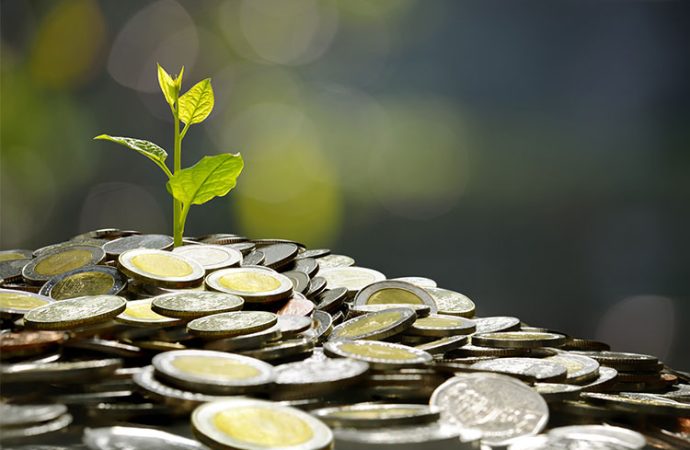Author Recent Posts Asfand Yar Khan Latest posts by Asfand Yar Khan (see all) Outcomes of the Shanghai Cooperation Organisation Heads of Government Summit – October 28, 2024 Deliberations and Outcomes of the 79th Session of the UNGA – October 11, 2024 SCO in Pakistan: Can it bring Normalcy in Indo Pak Relations? – September
Pakistan’s economic woes can be attributed to its consistent political instability comprising ouster of elected governments through military coups and other means. International Relations discourse tells us that successful national economic plans have strong and upright political systems at their back. Better strategies require consistency and long-term commitment, which has not been the case with Pakistan’s politics. Instead, de facto and de jure military takeovers, judicial activism, political victimization, and political engineering have been permanent features of Pakistan’s political history. In contemporary times, as Pakistan’s economy hits rock bottom, political certainty still does not seem to be prevailing.
Western political commentators in present times wrongly link economic development with democracy. As mentioned above, uplift of national economy requires the backing of a strong political system regardless of its kind. Never has Peoples Republic of China (PRC) been a democratic country, still it rose in the last few decades to become the world’s leading economy. What enabled PRC’s economic rise was its strong political system that has been resistant to abrupt changes and interferences, both foreign and domestic. Quite similar has been the case with monarchies in the Middle East such as Saudi Arabia, UAE, Qatar, and Kuwait.
Pakistan’s economy has been on a continuous downward trend since the 1960s due to the lack of political continuity. Persistent problems require permanent solutions. At this point where Pakistan’s economy seems irrecoverable with depleting forex reserves, rising debt, current account deficit, and devaluating rupee, only bold measures by a strong government backed by all stakeholders can undo the damages. There are no overnight solutions and heroism while streamlining national economies. It is about time that the foundation of a strong political system is laid. If it has to be a parliamentary democracy, it should look and act like one with the ECP ensuring free and fair elections, supreme powers vested in the elected bodies, and institutions respecting their limits as outlined in the Constitution.
Pakistan has had six prime ministers since 2010 where there should have been three. Former PMs, Yousaf Raza Gillani, Raja Pervez Ashraf, and Mian Nawaz Sharif were removed by the Supreme Court while more recently, Imran Khan was removed through a controversial vote of no confidence in 2022. These facts speak a lot about the dismal condition of Pakistan’s political landscape where continuity is nowhere to be seen. Economic plans of outgoing PMs and governments are often discontinued and replaced by new ones only to be followed until there is another round of political uncertainty. Pakistan is currently being ruled by a loose coalition called the PDM whose tenure will be over in August 2023.
Political parties not only play an important role in the erection of a political culture based on democratic norms, but also enable nation-building. In Pakistan, political parties have mainly revolved around families and personalities instead of manifestos and customs. Military dictators in the past had kept political mobilization curtailed for more than thirty years collectively. Moves such as ban on student unions disabled the growth of political maturity among the masses as well as in political parties. Instead of being the custodians of constitutional supremacy, political parties in Pakistan have been power greedy. Political leaders would happily collude and resort to unconstitutional means just to hold on to top positions in the Country. Such political environments can never be conducive for economic stability. Student unions inject young blood in politics which Pakistan direly needs at the moment.
To kick start the economic engine back again, Pakistan requires unprecedented inflow of foreign direct investment (FDI). Foreign investors, small and large, would not invest in a country marred with political chaos. To analyse this, we need to consider which countries Pakistan has to compete with at the international level. Why would a foreign investor consider investing for business in Pakistan instead of India or Bangladesh, where there is political certainty and more conducive policies? Pakistan has to offer what its regional competitors do at least, if not more. To be able to attract that volume of investment, Pakistan has to follow what India and Bangladesh have achieved, a stable political system. Future of 240 million people lies in the hands of a few institutions. Only time can tell if they endeavour to fulfill their responsibilities or once again cripple under pressure. It will not be wrong to state that this is a make-or-break situation for Pakistan.
- Outcomes of the Shanghai Cooperation Organisation Heads of Government Summit - October 28, 2024
- Deliberations and Outcomes of the 79th Session of the UNGA - October 11, 2024
- SCO in Pakistan: Can it bring Normalcy in Indo Pak Relations? - September 26, 2024





















Leave a Comment
Your email address will not be published. Required fields are marked with *